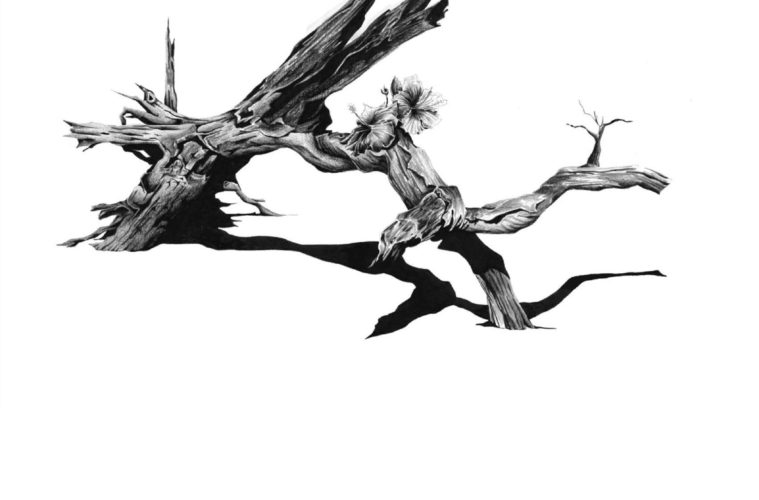We launch this issue of The Essay Revieiw at the end of the 10th anniversary of the Iowa City Book Festival in an attempt to reckon with the ways in which our celebration of the essay, in all its forms, might recognize its past while pointing toward new modes of living in the current political climate. Of course, discourses in all their guises pertaining to politics can often be tricky to negotiate. How does one remain objective and resistant to polemics?
The essays and artwork appearing in this colloquy have maintained a fine balance in order to craft thoughtful yet emotionally transparent perspectives on the following theme: “Re-reading the Master-Slave Narrative in the 21st-Century.” One of the essayists unequivocally denounces the 45th president and the problem of presuming we are experiencing a post-racial America, another grapples with the intersectional traumas of mental illness and racial identity, while another addresses the female body politic within the sphere of a sensationalized television program, and finally, an essayist, inspired by the poet Theodore Roethke, rhapsodizes on the elegy and the spirit, Makers Mark. Sandra Allen spoke with us about, among other things, the unperformable translation (or “cover”) of their uncle’s writing and the idea of how a “truly nonfictional discourse” about mental health must include “the perspectives of people who’ve been told that they are deficient and broken and beg to differ.” In visual counterpoint, we have an artist’s pencil illustrations to conjure the surreal effect these essays might have upon the reader. Finally, a brief interview with the essayist Kiese Laymon will round out this special colloquy of The Essay Review. May the works herein be as thought-provoking as they are beautiful and elegant.
Darius Stewart
Alexander Pines
Editors

